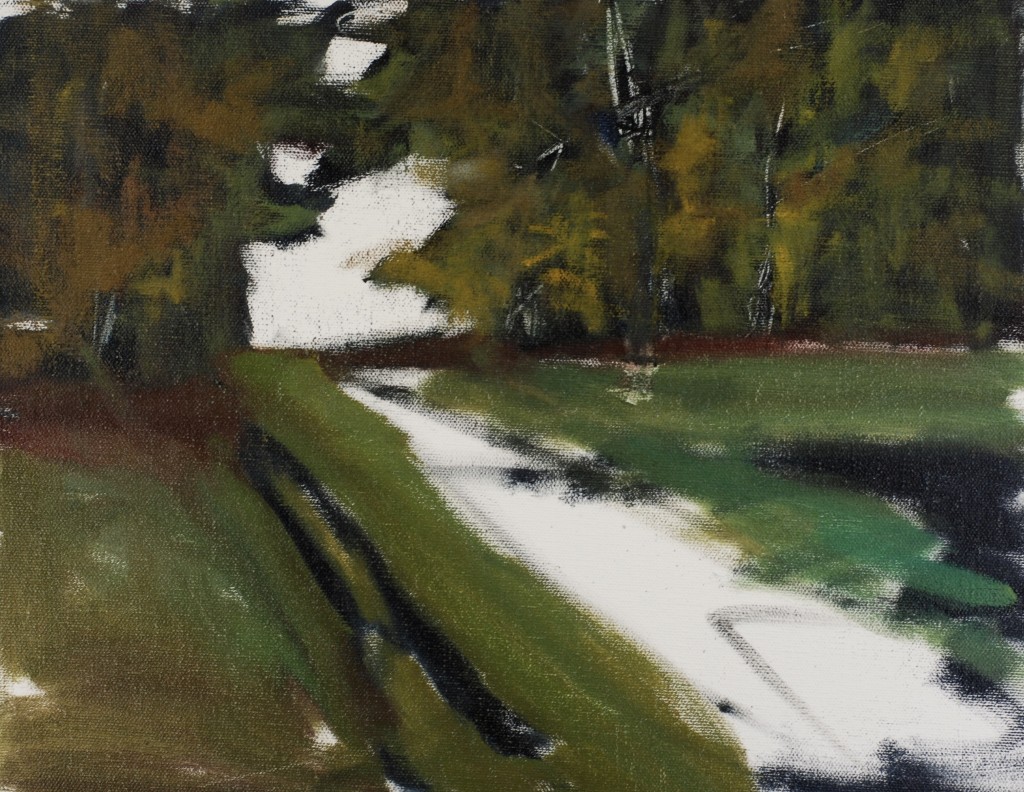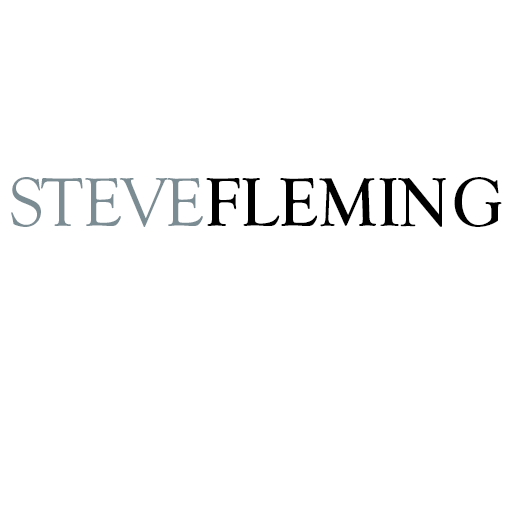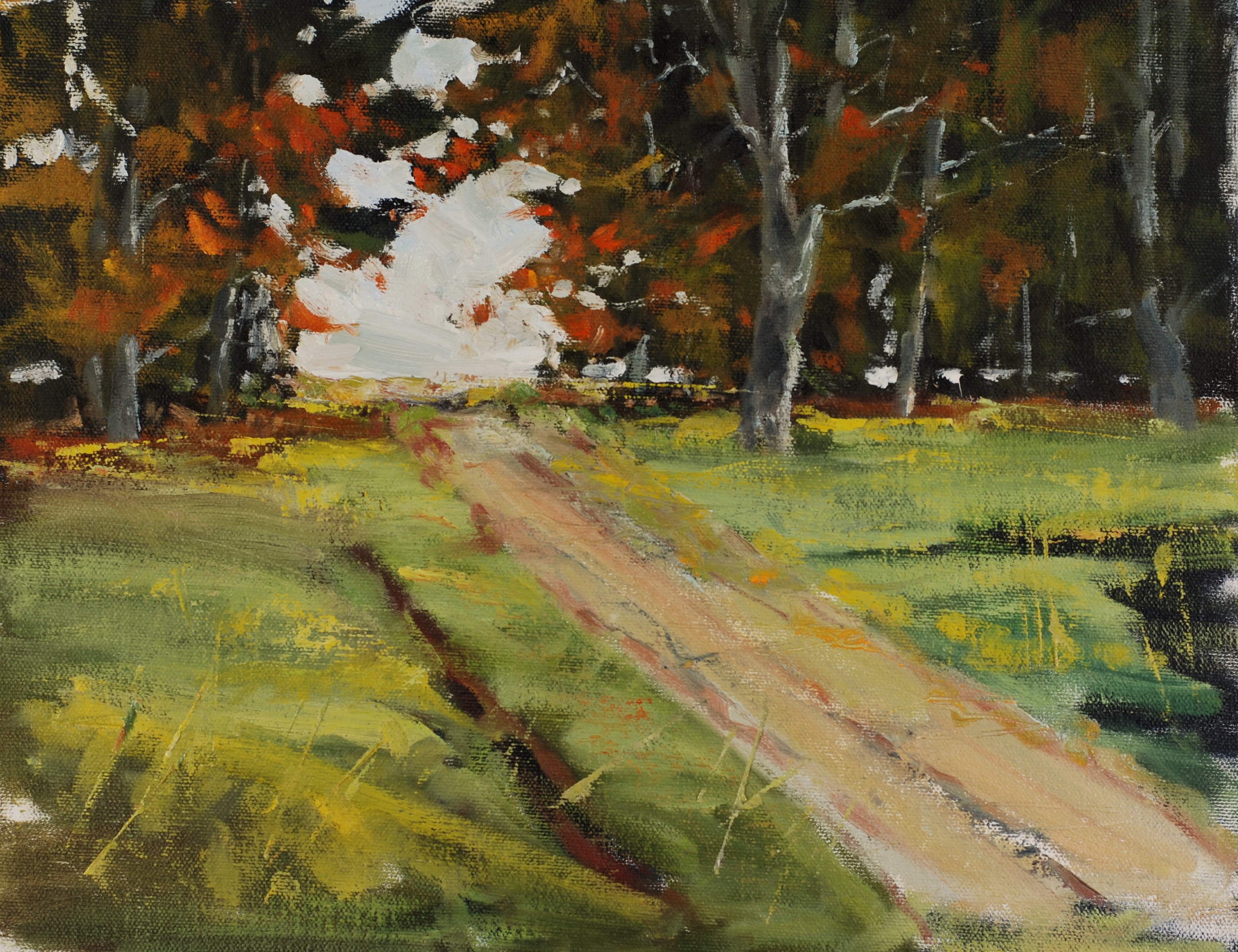 Today I am going to show a step by step demonstration of an oil painting I worked on today, I am sure that it is not finished but it has enough of the work completed that I can talk about it as if it is done. I used as my reference an oil painting I painted about a few months back and I was never very happy with it, although I have found a lot of people like it. I find it to be too clumsy and disjointed so I decided to try it again. The painting below is the first work and the one above is today’s piece.
Today I am going to show a step by step demonstration of an oil painting I worked on today, I am sure that it is not finished but it has enough of the work completed that I can talk about it as if it is done. I used as my reference an oil painting I painted about a few months back and I was never very happy with it, although I have found a lot of people like it. I find it to be too clumsy and disjointed so I decided to try it again. The painting below is the first work and the one above is today’s piece. I found this painting lacked the polish and finish I want in my work and the fence is a real mess but when I painted it I was fairly happy with the result. So let’s see how I went about painting the new version of the subject.
I found this painting lacked the polish and finish I want in my work and the fence is a real mess but when I painted it I was fairly happy with the result. So let’s see how I went about painting the new version of the subject. I blocked in the major dark shapes using a strong mixture of indigo, raw umber and the occasional terra nova. I am not looking for details at this point I am just trying to get a dark value that I am happy with and that can hold up in the painting as my dark value, it needs to be translucent and a clean rich dark.
I blocked in the major dark shapes using a strong mixture of indigo, raw umber and the occasional terra nova. I am not looking for details at this point I am just trying to get a dark value that I am happy with and that can hold up in the painting as my dark value, it needs to be translucent and a clean rich dark. Using a mixture of raw umber, cerulean blue and the occasional cadmium yellow I put down a middle value underneath color for the major green shapes. I am not looking for the exact colors I will finish with but the underlying local color. I place a few passages of richer warms for the variety in the fall foliage. Remember to use your brush expressively, treat every mark as an important one, there are no unimportant pieces they are all a statement of your seriousness.
Using a mixture of raw umber, cerulean blue and the occasional cadmium yellow I put down a middle value underneath color for the major green shapes. I am not looking for the exact colors I will finish with but the underlying local color. I place a few passages of richer warms for the variety in the fall foliage. Remember to use your brush expressively, treat every mark as an important one, there are no unimportant pieces they are all a statement of your seriousness. I begin to express the lighter more colorful foliage. These are laid right over the middle value dark passage with a nice side of the brush application. Remember to use just a little medium if any at this stage and scrape, using a credit card or palette knife, the thick paint off of the canvas, less paint equals more control. I am using lots of Cadmium Orange, Cadmium yellow, Cad Red for the foliage. Of course there are adjustments to these colors so just experiment with some of your own mixtures.
I begin to express the lighter more colorful foliage. These are laid right over the middle value dark passage with a nice side of the brush application. Remember to use just a little medium if any at this stage and scrape, using a credit card or palette knife, the thick paint off of the canvas, less paint equals more control. I am using lots of Cadmium Orange, Cadmium yellow, Cad Red for the foliage. Of course there are adjustments to these colors so just experiment with some of your own mixtures. Using a Gamblin portland grey medium, mixed with terra nova and cobalt blue, I painted in the trees and indicated the highlights with a mix of naples yellow and portland grey light. You need to really work on these mixtures for yourself because you might find you have a totally different way to mix colors. Allow your personality and creativity to show up in your work. I painted the textural brushwork in the foreground with raw umber, cerulean blue and cadmium yellow and lightened it when appropriate with white. I used just very small amounts of white, I try to lighten my colors using more vibrant colors and not always first jumping into whites.
Using a Gamblin portland grey medium, mixed with terra nova and cobalt blue, I painted in the trees and indicated the highlights with a mix of naples yellow and portland grey light. You need to really work on these mixtures for yourself because you might find you have a totally different way to mix colors. Allow your personality and creativity to show up in your work. I painted the textural brushwork in the foreground with raw umber, cerulean blue and cadmium yellow and lightened it when appropriate with white. I used just very small amounts of white, I try to lighten my colors using more vibrant colors and not always first jumping into whites.  As this stage of the painting I am really working on getting the colors to be more descriptive of my plan and not just copying exactly what is in my photograph or reference material. I overlay and liven up my colors with brighter yellows, and create much more interesting greens. I want my colors to speak to the viewer and I want to change them every 2 or 3 times I touch the canvas. A painting is a statement of the artists concept and should strive to be creative and expressive but it should also have truly wonderful brushwork and color choices. Your job is to entertain the viewer with beautiful shapes, good compositions and expressive colors. I hope you enjoyed this demonstration, I will be posting another one in a few days.
As this stage of the painting I am really working on getting the colors to be more descriptive of my plan and not just copying exactly what is in my photograph or reference material. I overlay and liven up my colors with brighter yellows, and create much more interesting greens. I want my colors to speak to the viewer and I want to change them every 2 or 3 times I touch the canvas. A painting is a statement of the artists concept and should strive to be creative and expressive but it should also have truly wonderful brushwork and color choices. Your job is to entertain the viewer with beautiful shapes, good compositions and expressive colors. I hope you enjoyed this demonstration, I will be posting another one in a few days.
5 Comments on ““Country Lane””
Leave a Reply Cancel reply
This site uses Akismet to reduce spam. Learn how your comment data is processed.



Thankk you so much for the country lane in oil Steve. An opportunity to learn step by step with your detailed explanation.
Thank you so much.
My best,
Enid
I will be posting another one this week I thought it was ready but after careful looking it needed some more help
Thank you so much for the country lane in oil Steve. An opportunity to learn step by step with your detailed explanation.
Thank you so much.
My best,
Enid
Wonderful-you’ve given us the means to try the new painting in oil, and see what changes you’ve made from the original! Thanks for this posting
It’s very interesting to see how you’ve got the second work from the first. I love to see its development in your step by step. And, above all, I love your tips that are interspersed in them and about which I take good note. I am adicted to your posts, more than reading a good novel. Thank you.Please don’t forget the watercolour, it is a marvellous media